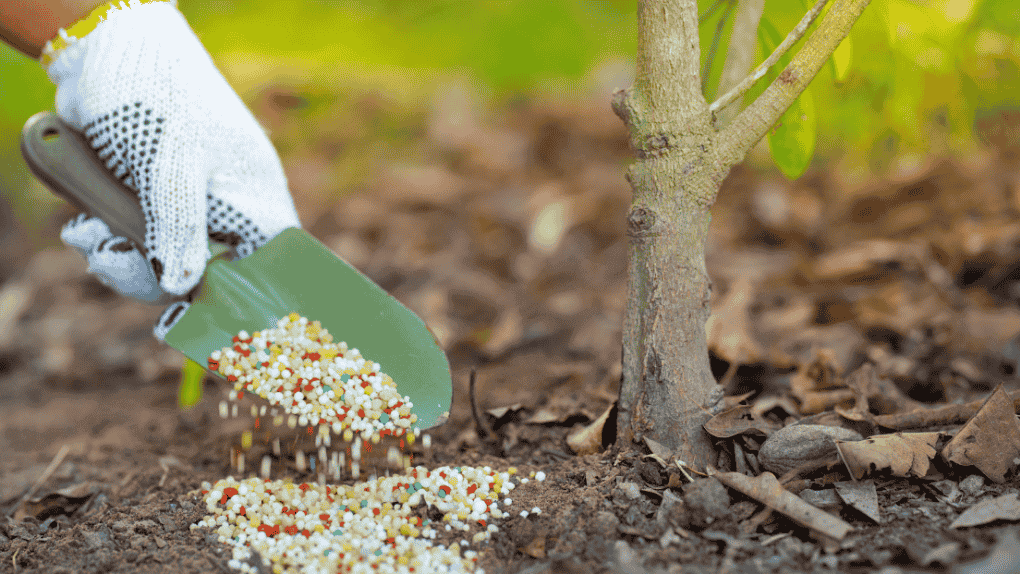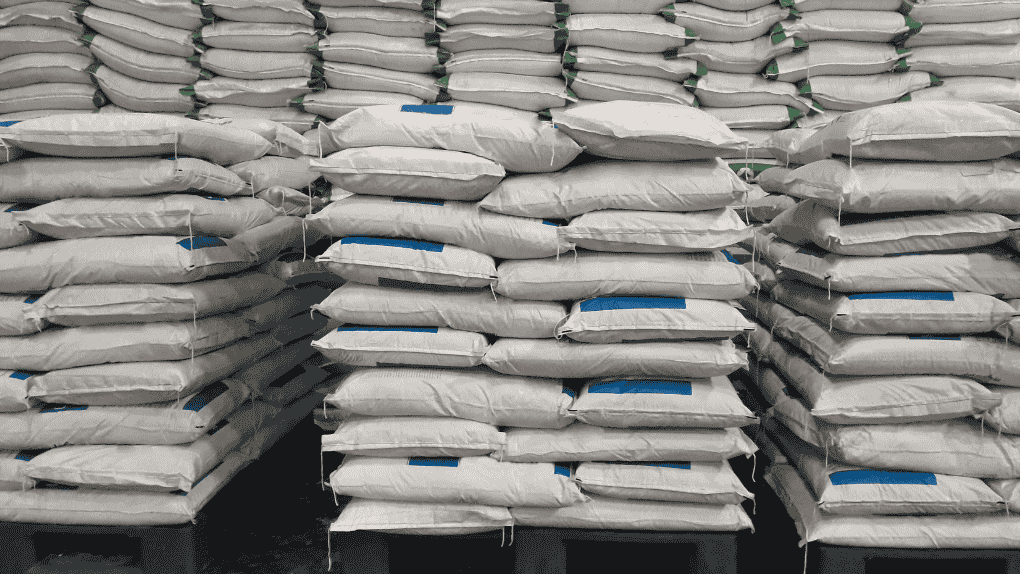Winter fertilizer is a type of fertilizer applied during the fall and winter months to meet plant nutritional needs, support root development, and ensure stronger growth in spring. These fertilizers help plants withstand winter conditions while promoting rapid growth in the following season.
What is the Purpose of Winter Fertilizer?
Winter fertilizers are primarily used to enhance root development and improve soil fertility. They prevent nutrient deficiencies during cold months and increase plant resistance to harsh weather conditions. The main purposes of winter fertilizer include:
- Strengthening the root system of plants,
- Supporting rapid growth in early spring,
- Enriching soil nutrient content,
- Improving resistance to diseases and frost,
- Enhancing productivity and quality in fruit and vegetable production.
When to Apply Winter Fertilizer?
The ideal time to apply winter fertilizer varies depending on the crop type and region. Generally, phosphorus and potassium fertilizers are applied in late fall or early winter to support root development. Nitrogen fertilizers should be used cautiously during winter, as excessive rainfall can cause leaching and nutrient loss.
What is the Best Fertilizer for Winter?
The best winter fertilizer depends on the plant’s needs and soil conditions. Typically, phosphorus and potassium fertilizers are recommended, as they improve root growth and cold resistance. Organic fertilizers such as manure and compost also enhance soil health over time.

What Fertilizer to Use in Winter?
Commonly used winter fertilizers include:
- Phosphorus Fertilizers: DAP (Diammonium Phosphate), TSP (Triple Super Phosphate) – Support root development and early growth.
- Potassium Fertilizers: Potassium sulfate, potassium chloride, potassium nitrate, and MKP – Increase plant resistance to cold and diseases.
- Organic Fertilizers: Manure, compost, leonardite – Improve soil structure and long-term fertility.
- Nitrogen Fertilizers: Urea and ammonium sulfate – Should be applied sparingly and closer to spring to support growth.
What Are the Benefits of Winter Fertilizer?
Using winter fertilizer provides several advantages for plant health and soil fertility, including:
- Enhancing soil nutrient content,
- Increasing plant resistance to frost,
- Promoting stronger and faster growth in spring,
- Improving water retention capacity, reducing drought risk,
- Boosting quality and yield in fruit and vegetable production.
What Are the Harms of Winter Fertilizer?
If misused or applied excessively, winter fertilizers can have negative effects:
- Overuse: Can lead to soil salinization.
- Incorrect Timing: Excessive nitrogen application in winter may result in leaching, causing nutrient loss.
- Overuse of Chemical Fertilizers: Can harm soil microbiology.
- Imbalanced Nutrition: Selecting the wrong fertilizer may negatively affect plant development.
To maximize benefits, choosing the right winter fertilizer and applying it at the correct time is crucial.
Can You Fertilize in the Winter?
Yes, fertilizing in winter is possible and beneficial when done correctly. Applying phosphorus and potassium fertilizers in late fall or early winter helps strengthen roots and prepare plants for the upcoming season. However, nitrogen fertilizers should be used carefully to avoid nutrient loss.

